Vanarai Initiatives
The increasing impact of climate change has cast a shadow over India’s environmental well-being and socio-economic conditions, particularly in its rural heartlands. Natural calamities like floods, rising temperatures, droughts, landslides, and other extreme events have become more frequent and severe, affecting communities across the country. India, as the world’s most populous nation with over 140 crore people but only 2.4% of the world’s landmass, bears the brunt of this climate crisis. Alarming reports from the United Nations and the World Bank reveal that 29.3% of India’s landmass is rapidly undergoing desertification, exacerbating the environmental challenges. Furthermore, a staggering 94% of agriculture relies on groundwater, making water scarcity a critical concern. Beyond these environmental issues, farmers grapple with problems like low agricultural productivity, inadequate prices for their produce, and economic burdens leading to poverty, unemployment, migration to cities and even in some cases of tragic farmer suicides.
In this challenging landscape, Vanarai within its capacity emerges as a beacon of hope and a practical solution provider. For over 37 years, Vanarai has been significantly addressing, championing sustainable rural development, and battling the climate crisis through people’s movement for green India. Beginning in Maharashtra and expanding its reach over the last decade to include Dadra & Nagar Haveli, Goa, Gujarat, and Karnataka. Our efforts have encompassed conserving soil and water resources, rejuvenating ecosystems, promoting sustainable agricultural practices, facilitating access to education and healthcare, empowering women, and creating alternative livelihoods. Though the reach of Vanarai is limited, we strive to do what is in our capacity, we believe more such organizations working together can change the scenario for India.
Vanarai’s presence in these regions has transformed it into a role model for numerous organizations, fostering environmental awareness and driving transformative change. With a resolute commitment to a clean, green, and prosperous India. Below are descriptions of our focus areas and certain highlights of our work.
Soil & Water Conservation
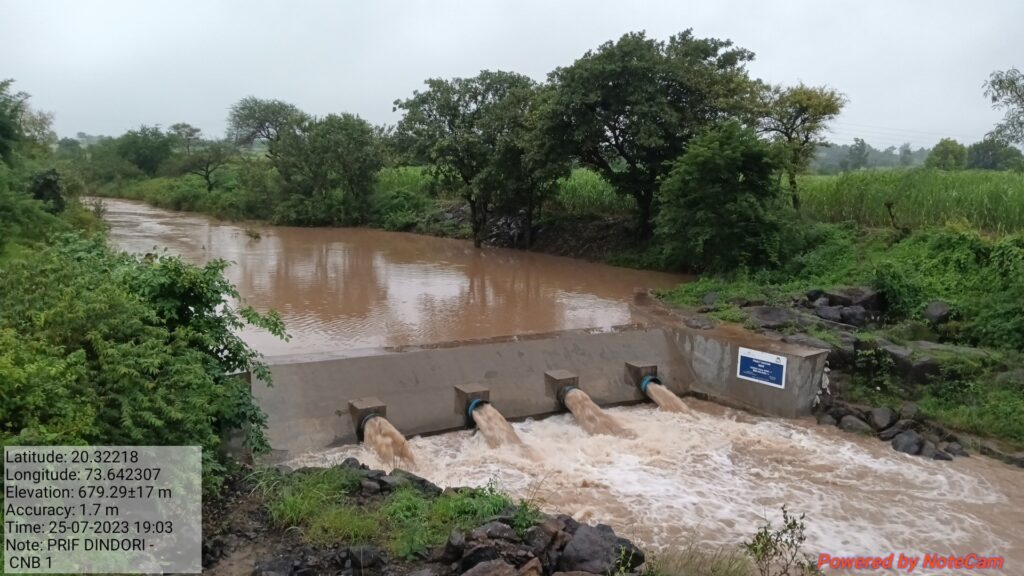
Vanarai emphasizes soil and water conservation through ridge to valley approach such as contour trenching & bunding, check dams, and water harvesting structures. These efforts prevent soil erosion and enhance water retention, thereby recharging ground water levels, increase water potential, agricultural productivity, fulfilling community water needs and sustaining rural livelihoods.
Revolutionizing Water Storage through CNB’s with Vents
At Vanarai, we noticed that in certain project villages, the existing Check dams or Cement Nala Bunds (CNB) were getting filled with silt, reducing their storage capacity by silt deposition. To address this issue, we implemented a new structural design at various locations. This ensured that the storage area of the water harvesting structures are maintained at an optimal level for a sustainable period.
Ecological Restoration & Afforestation
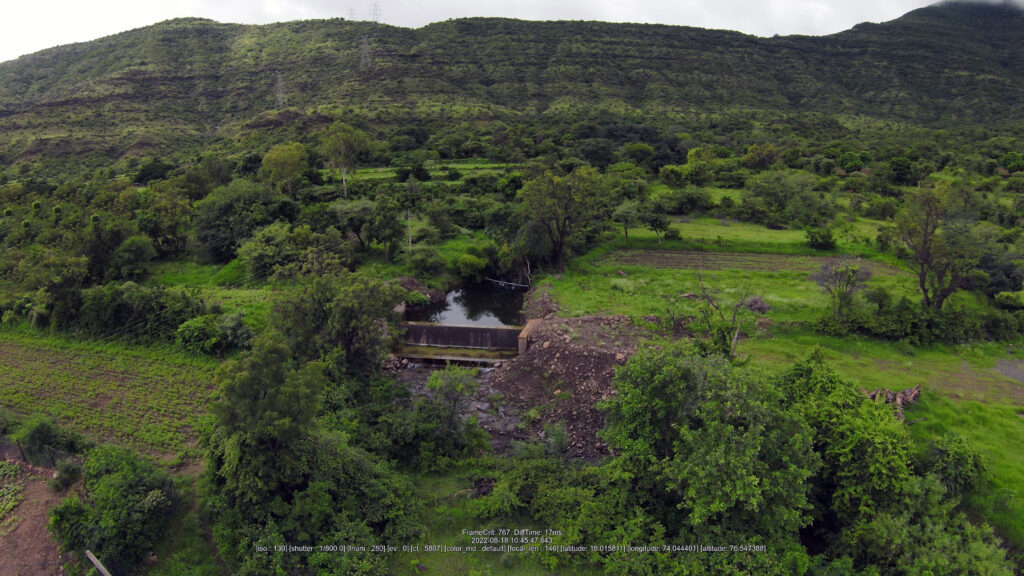
Vanarai’s focus on ecological restoration and afforestation involves planting of native trees, restoring degraded and wasted lands. By re-establishing natural habitats, the organization enhances biodiversity, combats climate change, and provides rural communities with vital resources, and increases the green cover.
Bio-diversity restoration on wasted land
We have undertaken many long-term projects that looks at bio-diversity restoration for ensuring a conducive environment for the flora and fauna and reviving their habitat. One of our many project locations; a 5-acre of waste and degraded land has been turned around to becoming a safe haven for the floral species and the faunal activities. we have observed significant improvements and cues that point towards an active food chain that is coming into existence.
Sustainable Agriculture
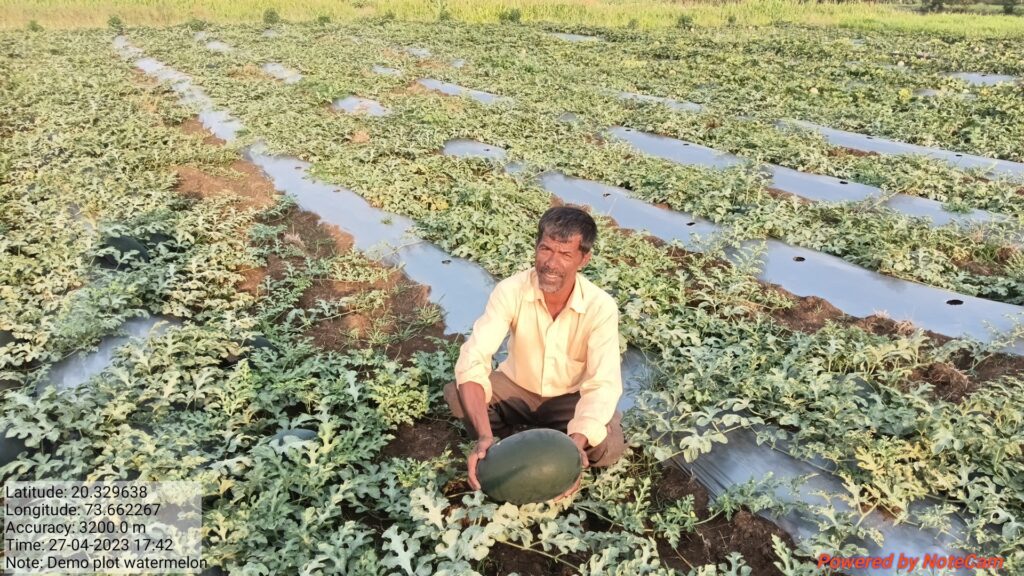
Vanarai promotes sustainable agricultural practices through demo plots, awareness, trainings & capacity building in organic farming, crop rotation, integrated pest management, community farming, Permaculture, horticultural initiatives on barren lands and promoting Package of Practices (PoP’s). These methods ensure long-term soil fertility, diversified yields, and economic resilience for farmers
Community farming – doubling farmer income (PILOT study)
Sustainable agriculture is a multi-faced approach that encompasses scientific means and methods in agricultural practices. However, the social and unified aspects play the most impactful role in improving agricultural outputs and income. As an example, community farming as an effort for mobilizing efforts has changed the status of 25 paddy farmers on 30 acres of land. The impact of such unified efforts more than doubled their income. A farmer from this group who was earning Rs.15000 per year individually is now earning around Rs.55000 per year.
Demo plots – New crop introduction
Vanarai is on a mission to rejuvenate barren and wastelands, breathing new life into previously unproductive terrain. Our organization has taken decisive steps to unlock the untapped potential of these lands. We are dedicated to introducing alternative crops that align harmoniously with the local ecology, with a primary focus on enabling second crop cultivation on lands that have never seen this before. Our efforts have yielded fruitful results. This strategic move not only diversifies the agricultural landscape but also creates significant socio-economic opportunities for the communities involved.
Farm Equipment Bank
Agricultural equipment bank provided by Vanarai has emerged as a crucial lifeline for landless and marginal farmers. In the often-challenging world of farming, where access to expensive machinery can be a barrier, this initiative has proven to be a game-changer. It empowers those with limited resources to access and utilize modern farming tools and equipment, significantly improving their productivity and efficiency. By bridging this gap, Vanarai not only enhances the livelihoods of these farmers but also contributes to the overall progress and sustainability of rural agriculture. It’s a shining example of how strategic support can make a profound difference in the lives of those who need it most.
Livestock Management
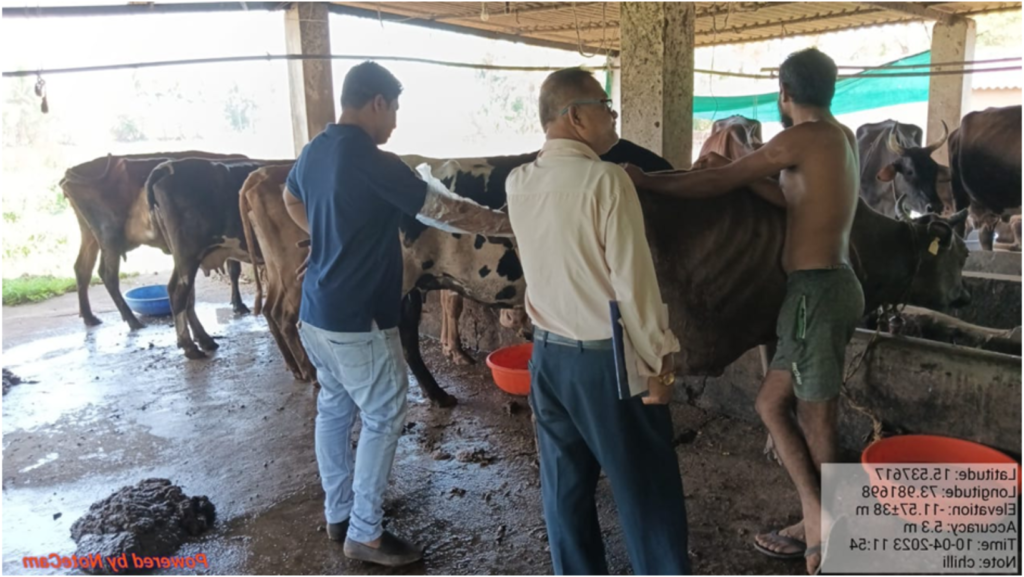
Here at Vanarai, our approach to livestock management is a testament to our commitment to integrated agriculture and holistic rural development. We recognize that livestock plays a pivotal role in the livelihoods of rural communities, and we have designed comprehensive strategies to uplift both the well-being of community and the people who depend on them. Our cornerstone lies in education and training.We empower local farmers with the knowledge and skills they need in animal husbandry, healthcare, and nutrition. This, in turn, empowers them to make informed decisions about their livestock, leading to healthier animals and increased productivity
Demo plots – New crop introduction
Vanarai is on a mission to rejuvenate barren and wastelands, breathing new life into previously unproductive terrain. Our organization has taken decisive steps to unlock the untapped potential of these lands. We are dedicated to introducing alternative crops that align harmoniously with the local ecology, with a primary focus on enabling second crop cultivation on lands that have never seen this before. Our efforts have yielded fruitful results. This strategic move not only diversifies the agricultural landscape but also creates significant socio-economic opportunities for the communities involved.
Farm Equipment Bank
Agricultural equipment bank provided by Vanarai has emerged as a crucial lifeline for landless and marginal farmers. In the often-challenging world of farming, where access to expensive machinery can be a barrier, this initiative has proven to be a game-changer. It empowers those with limited resources to access and utilize modern farming tools and equipment, significantly improving their productivity and efficiency. By bridging this gap, Vanarai not only enhances the livelihoods of these farmers but also contributes to the overall progress and sustainability of rural agriculture. It’s a shining example of how strategic support can make a profound difference in the lives of those who need it most.
Education
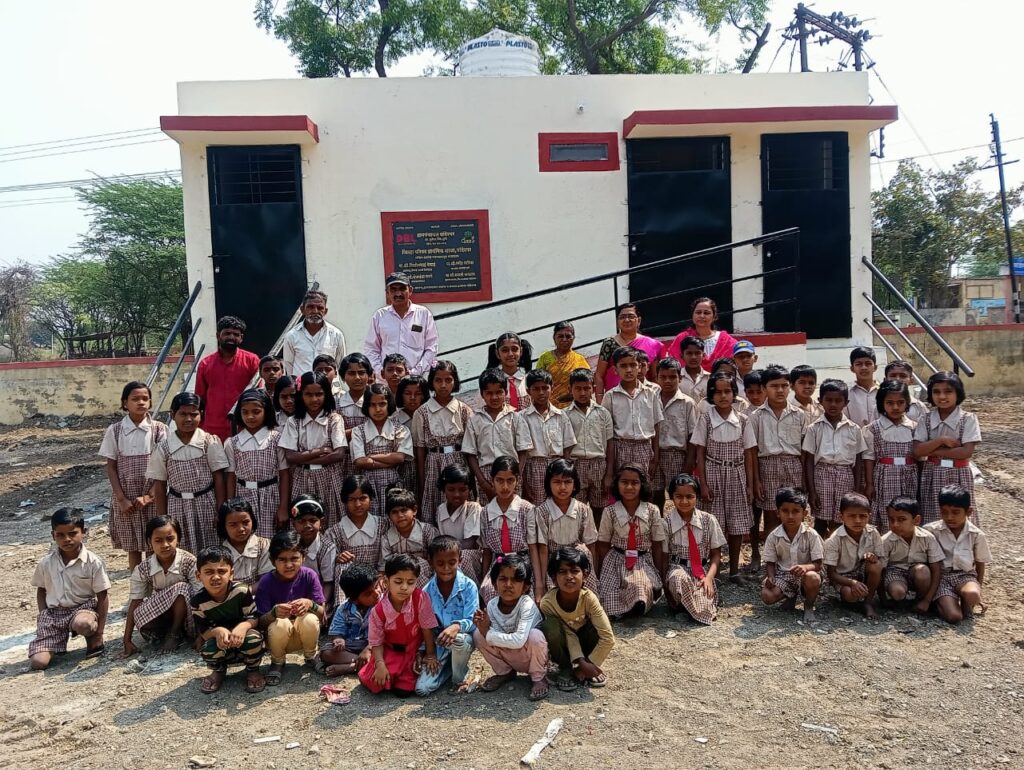
Recognizing the importance of education in human development, Vanarai sets up schools in rural areas and makes facilities for equality education to bridge the urban-rural education gap, empowering youth with knowledge and skills for a brighter future. Further, the efforts are even channelized towards providing renewable sources of energy through solar, rainwater harvesting and even providing school students especially girls with proper sanitation infrastructure along with enabling access to clean drinking water. Along with Vanarai’s focus on improving educational infrastructure, enabling access of technology through e-learning kits, science and computer labs, portable desk cum bags etc.
Self-sustaining renewable energy for schools
Recently, our focus has significantly moved towards including the facilitation of renewable sources of energy. In the last year alone, we have provided 45.5 KW of Solar energy benefitting 11 schools with more than 3000 students.
Girls TOILETS
Girls from rural areas face significant challenges in schools due to the lack of girls’ toilets. However, Vanarai has addressed this issue by providing girls with school toilets in rural areas. As a result, the dropout rate among girls in these schools has decreased from 55% to 20%.
Health & Sanitation
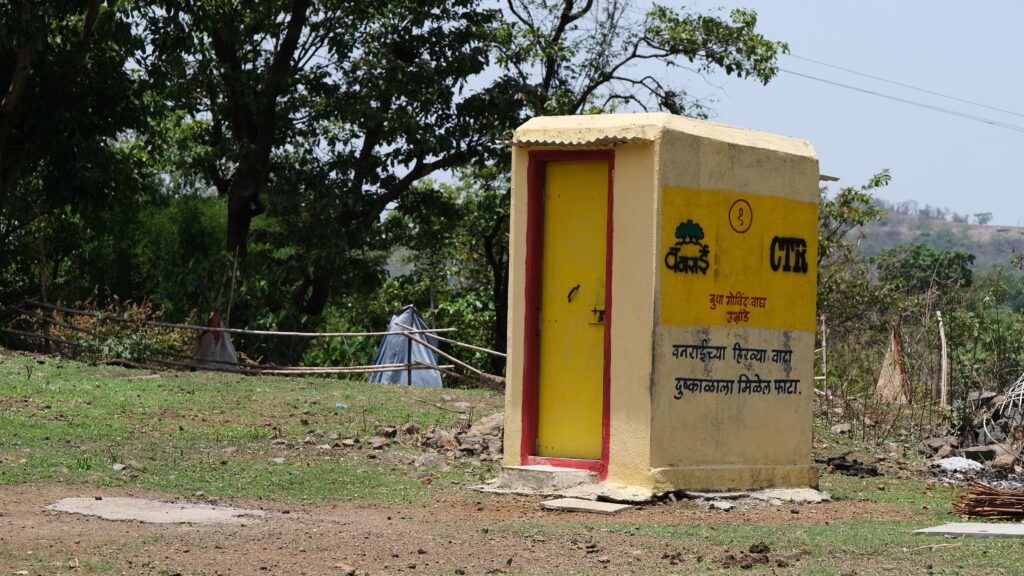
Vanarai addresses health and sanitation challenges by constructing sanitation facilities for households and communities, promoting hygiene awareness through medical camps, and facilitating access to healthcare services & infrastructure, contributing to improved health outcomes and overall well-being in rural communities. Moreover, we’ve gone the extra mile by ensuring that the healthcare sector has access to essential facilities, including ambulances and medical equipments. Additionally, our focus is even towards providing healthy and nutritional food especially for landless & marginal families.
Vertical Kitchen Garden
Marginal & landless farmers face the challenge of income & livelihood opportunities. Trying to keep their expenses in limit deprives them of nutritional, fresh and healthy food options. For which, Vanarai has been focusing on providing them with the opportunity to grow their own food in their backyards near their homes. As fertilizer, the wet waste from household is utilized which gives an added benefit towards having a clean environment
Permaculture
Focused on tribal areas, and low land holding with nutritional and malnutrition problems. For example, a 2000 sq ft plot supports the growing of vegetables, fruit orchards, native trees, and other local species as per the nutritional needs of the households. This has significantly reduced malnutrition among kids and the tribal communities. This has even enabled them to save money and has improved their health and standard of living.
Women Empowerment
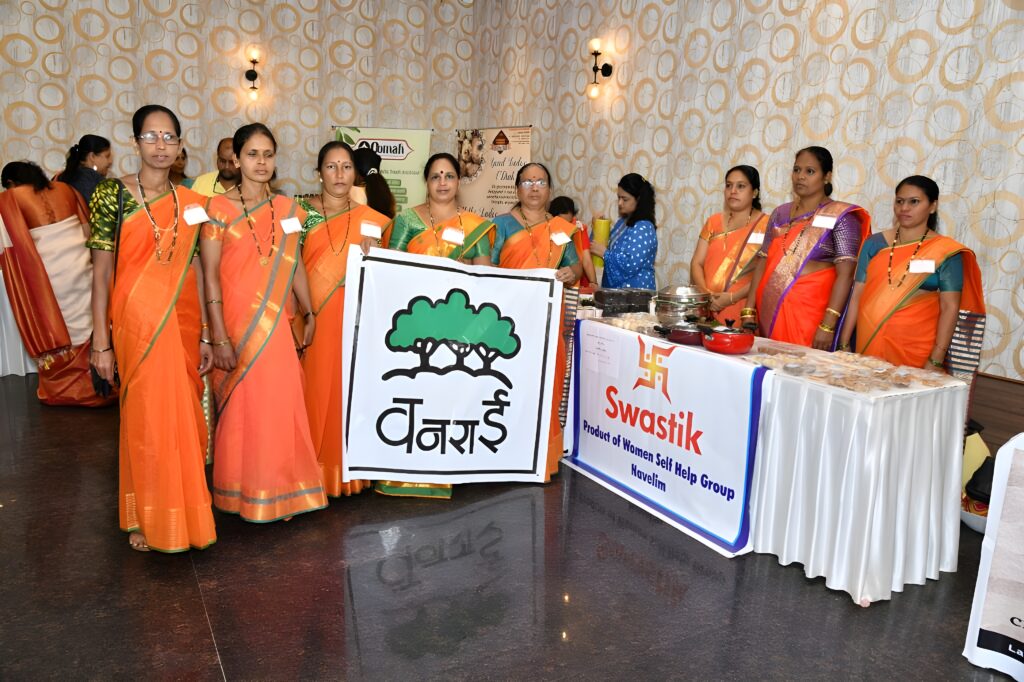
Vanarai’s women empowerment initiatives include skill development, capacity building of Self-help groups, leadership training, and income-generating activities, empowering women to play active roles in decision-making, entrepreneurship, and community development.
Self Help Groups
Vanarai’s work with self-help groups of women represents a pivotal aspect of our mission, focused on fostering both backward and forward integration within the agricultural sector. We understand the transformative power of women’s empowerment in rural communities and its profound impact on social upliftment and economic sustainability. Through these self-help groups, primarily established in areas characterized by backwardness, we empower women with knowledge, skills, and resources to actively participate in agricultural activities. These women become integral players in the agricultural value chain, contributing significantly to both production and post-harvest processes. Furthermore, these initiatives serve as a substantial source of income for the participating women, elevating their financial independence and overall socio-economic status.
Livelihood

Vanarai enhances rural livelihoods through vocational training, promoting alternative income sources such as agro-processing and handicrafts, reducing migration, and fostering self-sufficiency within rural communities. Here, alternative livelihood opportunities are focused towards benefitting marginal & landless farmers and creating forward and backward linkages with agriculture.
Rural Enterprise development
To support rural life's reliance on natural resources, we established a Farmer Producer Organization (FPO) and a Feed Factory. Our main aim was to establish a local circular economy by sourcing raw materials from the village, generating employment for unemployed youths, providing affordable livestock feed, and selling surplus production in nearby markets. This approach enhances livestock health, boosts milk production, and ultimately raises farmers' income.
Vanarai's Alignment with Sustainable Development Goals
SDG 1: No Poverty: Vanarai’s efforts to empower rural communities, promote sustainable agriculture, and improve livelihoods contribute to poverty reduction.
SDG 2: Zero Hunger: By promoting sustainable and productive agriculture, Vanarai plays a role in addressing food security and hunger issues.
SDG 3: Good Health and Well-being: Vanarai’s work on healthcare, sanitation, and clean drinking water can contribute to improving the health and well-being of rural communities.
SDG 6: Clean Water and Sanitation: Water resource management and initiatives like rainwater harvesting align with SDG 6.
SDG 8: Decent Work and Economic Growth: Vanarai’s focus on skill development, entrepreneurship, and sustainable livelihoods can contribute to creating decent work and economic growth in rural areas.
SDG 10: Reduced Inequality: By empowering local communities and addressing disparities in rural areas, Vanarai contributes to reducing inequality.
SDG 11: Sustainable Cities and Communities: Vanarai’s work may contribute to improving rural communities, their infrastructure, and overall living conditions.
SDG 12: Responsible Consumption and Production: Vanarai’s emphasis on sustainable agriculture and eco-friendly practices aligns with promoting responsible consumption and production.
SDG 13: Climate Action: Environmental conservation and afforestation efforts align with mitigating climate change.
SDG 15: Life on Land: Vanarai’s initiatives in afforestation and biodiversity conservation support the goal of protecting terrestrial ecosystems.
SDG 17: Partnerships for the Goals: Collaborations with local communities, government agencies, and other stakeholders exemplify Vanarai’s efforts to build partnerships to achieve the SDGs.
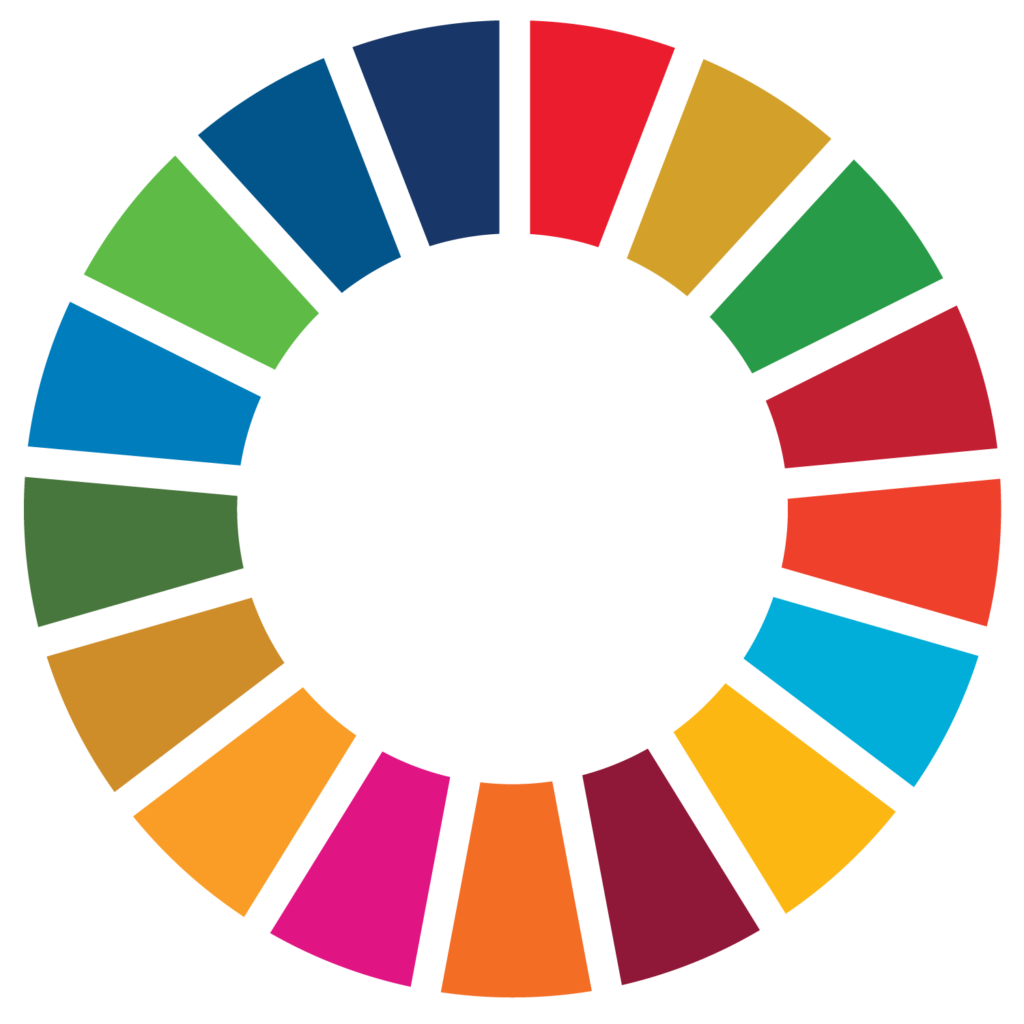
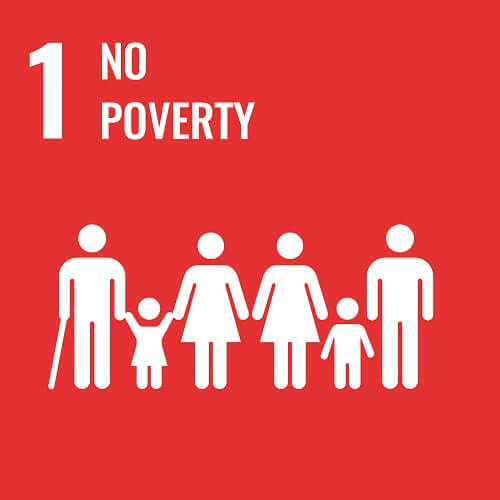

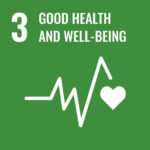

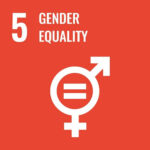
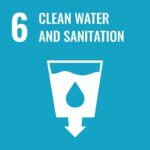
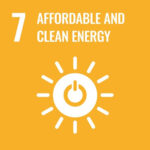
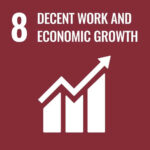
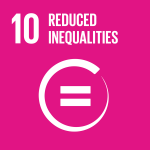
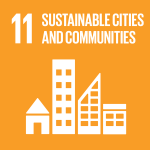
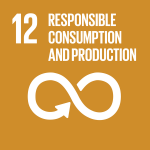
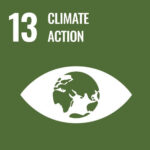
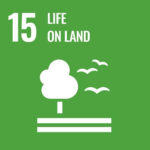
ABOUT US
Vanarai was established in the year 1986 by Padma Vibhushan Dr Mohan Dharia with the vision To combat the challenges of climate change through People's Movement for enriching the Eco - system to create clean, green, water prosperous and socio-economically empowered India.
ALL CONTACTS
- Vanarai, 498, Aditya Residency, Mitramandal Chowk, Parvati, Pune - 411 009.
- Office +020-24420351
- contact@vanarai.org
- Mon - Sat: 10 am - 06 pm
SUBSCRIBE
- Made by Head Marketing Team Vanarai - Copyright 2023
- contact@vanarai.org









